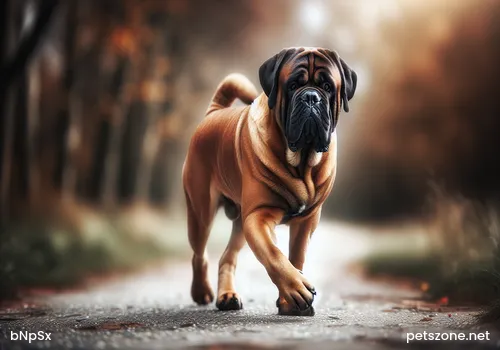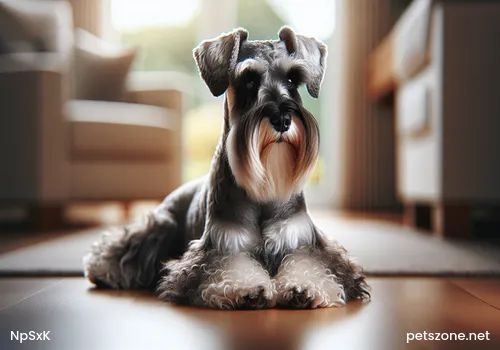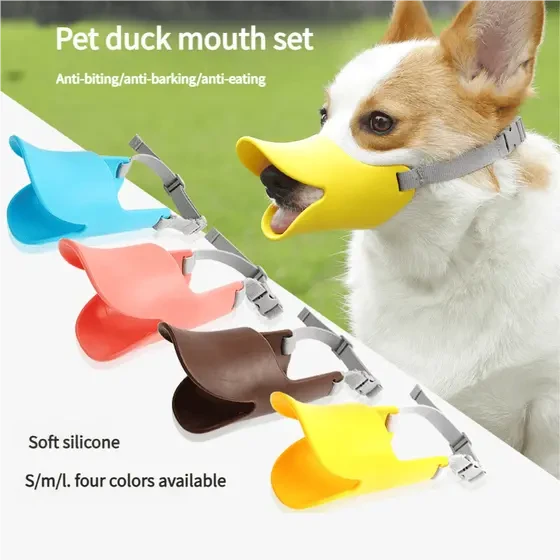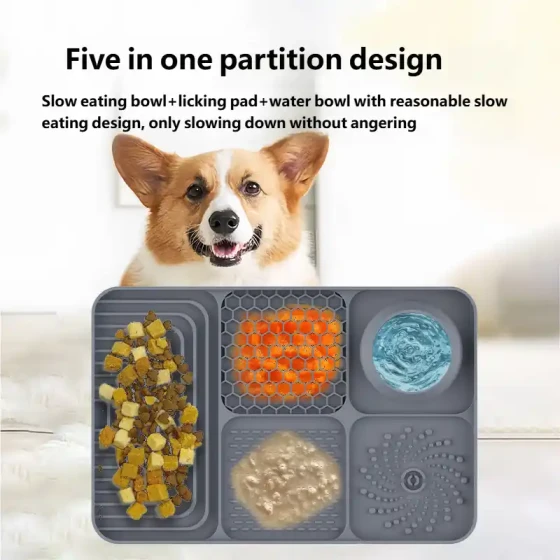Analysis of the Reasons Why Dogs Are Too Thin

You can roughly judge a dog's health from its overall appearance. A healthy dog has good spirit, standard weight, shiny coat, steady steps, and these basic conditions, while an unhealthy dog is the opposite. At this time, owners will raise various questions, such as: Our dog eats well and uses good products, and daily meals are matched according to the dog's nutritional needs, so why can't it gain weight or be healthy? So what exactly causes the dog not to gain weight?
1. Not Eating Enough
This is the most recognized reason why dogs do not gain weight. If the dog is not eating enough, it naturally lacks sufficient nutrients to gain weight. However, you cannot let your dog eat too much either. So how should we control the dog's diet? Usually, when we buy dog food, the back of the package has a daily recommended amount. Just divide this daily recommended amount into two or three meals for the dog. In such cases, if the dog eats more, it will naturally gain weight.
2. Awkward Phase
When dogs are about four to five months old, they can develop a monkey-like face, and their fur may thin and shed. This situation is what we call the awkward phase.
During the awkward phase, some dogs may refuse to eat properly and even develop picky eating habits, which can cause them not to gain weight. There is no need to worry about the awkward phase; just prevent picky eating and feed the dog as usual. After this short period, things will return to normal.
3. Internal Parasites
Dogs usually need their first deworming at about 20 days old, then monthly deworming until six months of age, and after six months, deworming every three months. Internal parasites cause the dog to eat a lot but not absorb nutrients. If the dog cannot absorb nutrients, no matter how much it eats, it won’t gain weight. In such cases, a single dose of Baycox can solve the dog's internal parasite problem.

4. Gastrointestinal Absorption Problems
Gastrointestinal problems are the most troublesome and frustrating for many owners. The dog is given a lot in every meal and eats very well, so it should be receiving enough nutrition. Monthly deworming is also done on time, yet the dog still does not gain weight. When this happens, we should suspect gastrointestinal problems. If the dog's gastrointestinal tract is poor at absorbing, no matter how much it eats, it will be ineffective. A poorly absorbing gastrointestinal tract only acts as a tube, responsible for transportation but not digestion or absorption. Imagine the dog eats all it wants and passes all that comes in; can the dog gain weight?
Problems with digestion or absorption: Diseases of the gastrointestinal tract or liver, pancreas, etc., leading to diarrhea or constipation; abnormalities in digestive enzymes that break down food, causing inability to absorb nutrients—these are reasons dogs remain too thin.
5. Obstacles in Nutrient Utilization
Even if nutrients are fully absorbed, if liver function is reduced, nutrients cannot be assimilated, which can also cause the dog to be too thin.
6. Hypermetabolism
When viral infections or chronic diseases cause intense physical consumption, or during pregnancy and after giving birth requiring nursing many puppies, the metabolism inside the body is more active than usual, consuming more calories than normal. Without enough nutrition, this will also cause the dog to be too thin.
Editor’s Tip: In daily diet, giving the dog an appropriate amount of probiotics helps regulate the intestinal flora disorder and aids the gastrointestinal tract in digesting and absorbing nutrients. It also can stimulate appetite! If all the above are done properly, there will be no problem of eating without gaining weight!





